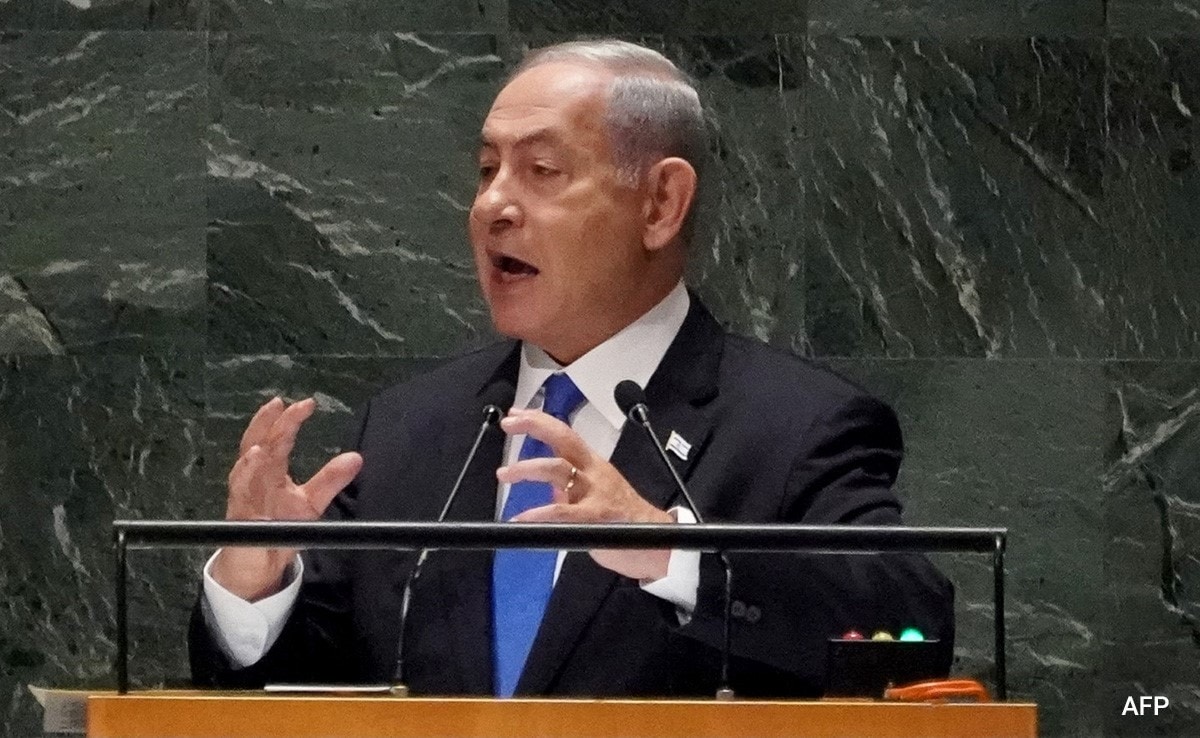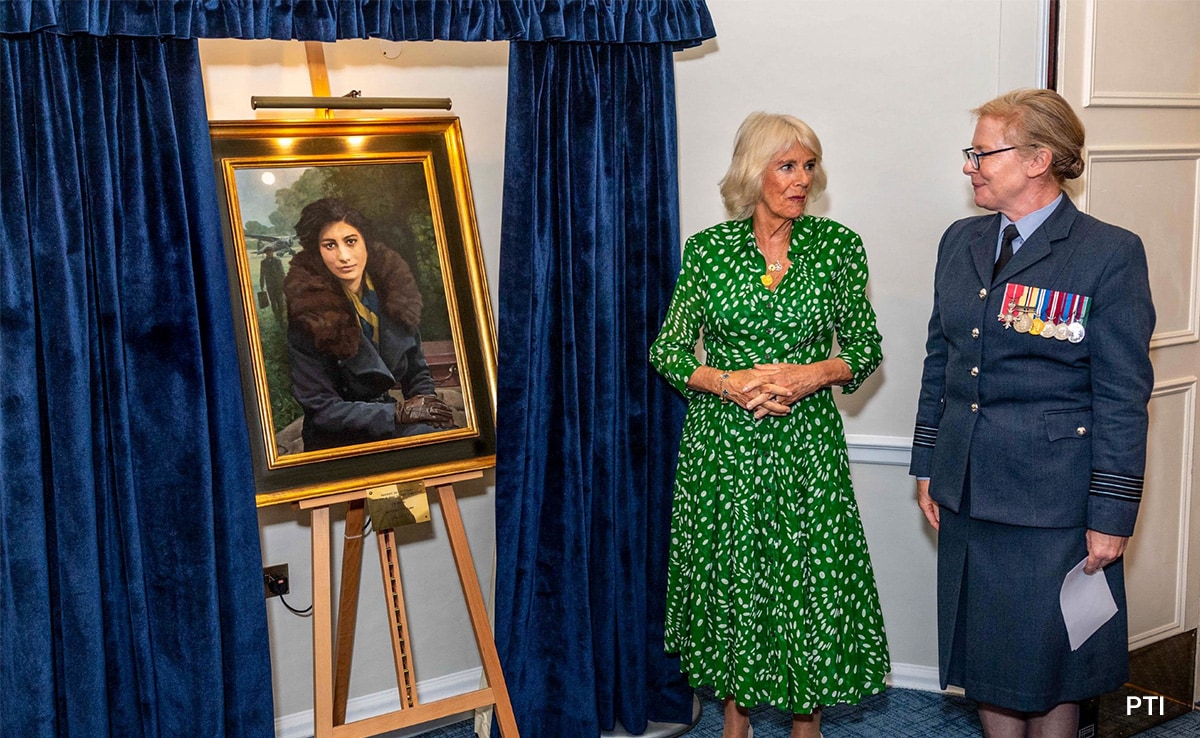European Commission President Ursula von der Leyen, center left, reviews the honour guard with Montenegro’s President Jakov Milatovic in Montenegro’s capital Podgorica, on Oct. 31, 2023.
| Photo Credit: AP
Montenegro’s new government was confirmed on October 31, with the Prime Minister promising to unblock the Balkan nation’s stalled European Union integration process as a top EU official was set to hold talks in the small NATO member country.
Parliament approved the new Cabinet with 46 votes in favour and 19 against after a session that lasted all night. Montenegro’s Assembly has 81 members but not all were present at the vote.
The government was formed after months of political bickering that followed an election in June. The centrist Europe Now party of Prime Minister Milojko Spajic won the election but without enough support to form a government on its own.
To form the government, the winning coalition received backing from staunchly anti-Western groups under the condition that one of their leaders, Andrija Mandic, was elected as the speaker of parliament — an influential political position.
Mr. Spajic said his government would be pro-European despite Mandic’s election. He dismissed reports that his Cabinet would be influenced by neighbouring Serbia, from which Montenegro split in 2006 after an independence referendum.
“We can’t wait to make a result for our country,” Mr. Spajic told reporters. “We hope to unclog the European integration, move forward quickly and become the next member of the European Union.”
Mr. Spajic spoke shortly before EU Commission President Ursula von der Leyen was set to hold talks in the capital, Podgorica, as part of a tour of Western Balkan nations aspiring to join the 27-nation union. Ms. Von der Leyen visited North Macedonia and Kosovo before Montenegro and is slated to travel to Serbia later on Tuesday.
Six Western Balkan countries are at different stages on their path to join the EU, in a process expected to take years.
As the war rages in Ukraine, EU officials recently have sought to push the process forward and encourage Balkan nations to boost reform to join. Ms. Von der Leyen was discussing details of the 6 billion-euro ($6.37 billion) package for Western Balkan countries, along with tensions that still exist in the region long after ethnic wars of the 1990s.
Recent violence and tensions between Serbia and Kosovo have been high on von der Leyen’s agenda as the EU seeks to negotiate a solution for the dispute. Kosovo split from Serbia in 2008 but Belgrade has refused to recognize the former province’s independence.
In Montenegro, U.S. and EU officials have suggested that the country, should avoid introducing an anti-NATO and anti-Western political party into its coalition if it wants to join the bloc.
Mr. Mandic had called for close ties with Russia rather than the EU, criticized Montenegro’s NATO membership and was against splitting from Serbia. But, when elected as Parliament Speaker on Monday, Mr. Mandic said he is ready to “send some new messages.”
Hundreds of opposition supporters waving Montenegrin flags staged a protest in front of the parliament building in the capital against the new government. Opposition lawmakers criticized the new government as anti-European because of the participation of pro-Serb parties.













